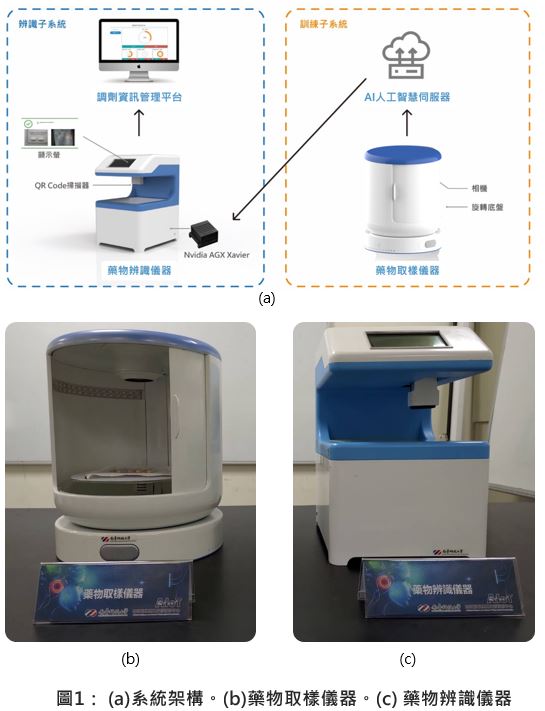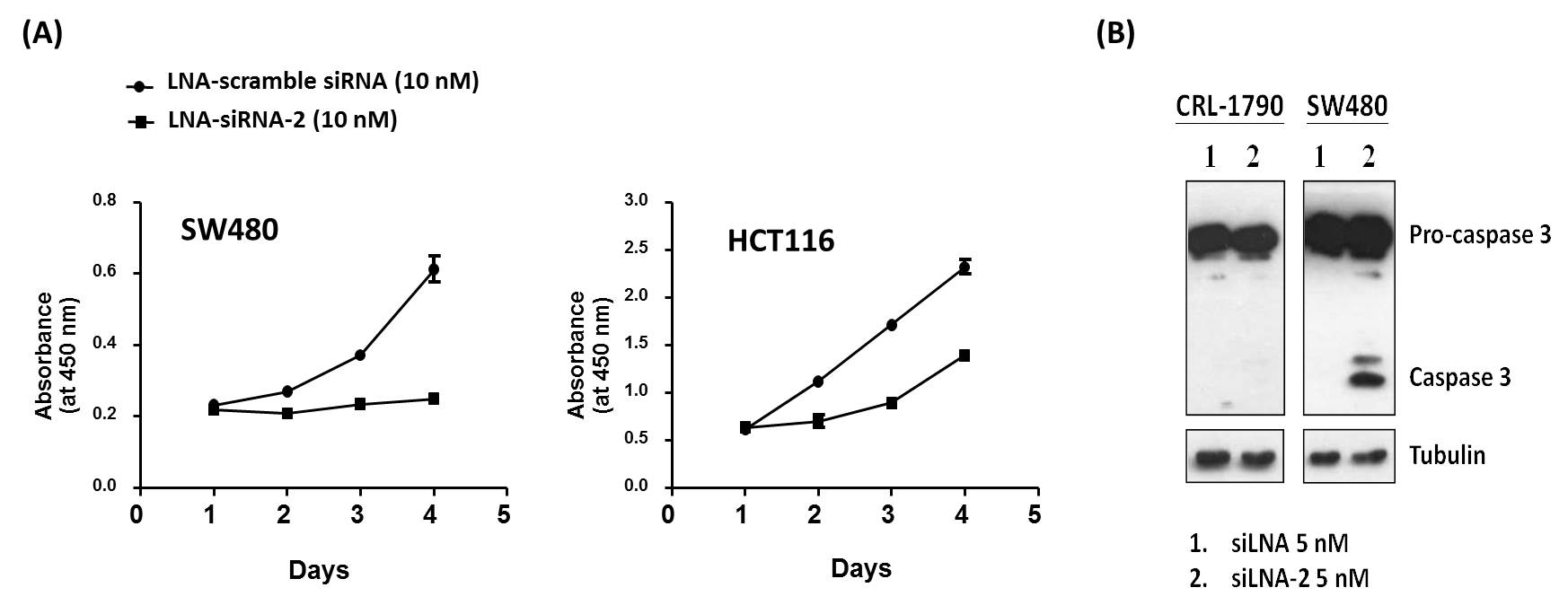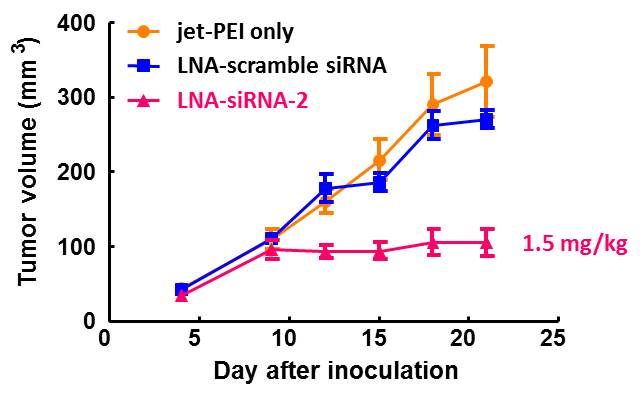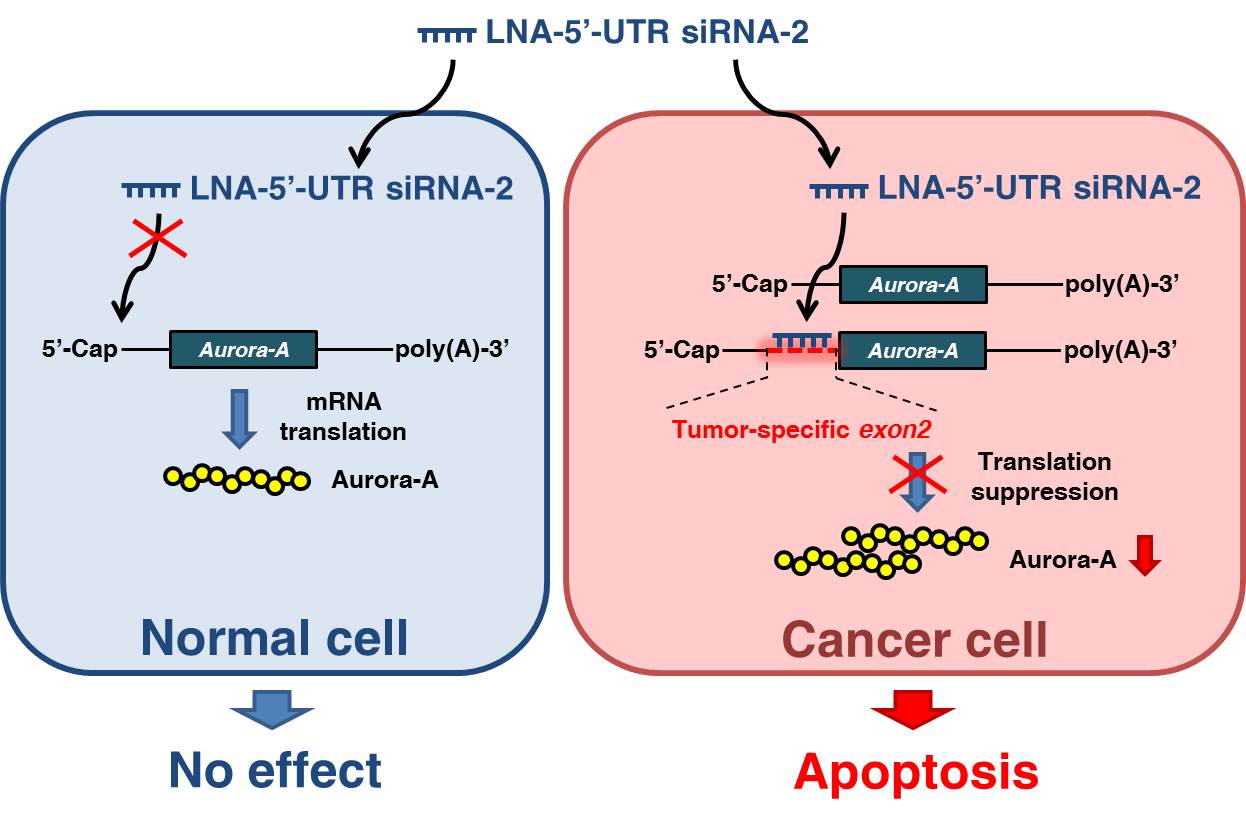| 技術名稱 | 用以治療癌症之短干擾核糖核酸分子 | ||
|---|---|---|---|
| 計畫單位 | 國立成功大學 | ||
| 計畫主持人 | 洪良宜 | ||
| 技術簡介 | 本發明技術為新穎的雙股短干擾核糖核酸分子(siRNA),可用來抑制癌細胞內大量表現的Aurora-A基因之mRNA的轉譯。同時用此新穎性siRNA製造為治療癌症藥物的用途,該癌症藥物是可治療經由表皮生長因子受體(EGFR)訊遞機制所媒介之癌症。此外,本發明還提供了包含siRNA分子的藥學組合物,該siRNA分子中的一股包含至少一鎖核酸(locked nucleic acid, LNA)分子;同時,本技術亦提出以此LNA-siRNA分子,使用在生物個體身上經由EGFR媒介之癌症,成功達到抑制癌細胞生長之證明。 |
||
| 科學突破性 | 癌細胞中Aurora-A mRNA的5-UTR區域會透過選擇性裁接留下一特定外顯子,而表皮生長因子(EGF)會經由此區域形成一起始轉錄前複合物,專一性地提高Aurora-A mRNA的轉錄程度。本技術利用siRNA專一性的抑制Aurora-A mRNA此特定外顯子,達到抑制其轉錄的目的。 |
||
| 產業應用性 | siRNA-2是一種特異性且安全的siRNA,可專一性的抑制癌細胞中Aurora-A的表達,達要殺死癌細胞的目的。LNA- siRNA-2在抑制極光激酶A的效果更穩定且更好,同時不會傷害到正常細胞。此一新型siRNA-2是有價值的潛在抗癌藥物。 |
||
| 關鍵字 | 極光激酶 表皮生長因子受體 表皮生長因子 雙股短干擾核糖核酸分子 鎖核酸 癌細胞 轉錄 標靶治療 癌症治療 專一性 | ||
- 聯絡人
- 陳若瑜
- 電子信箱
- forman7770@hotmail.com
其他人也看了







